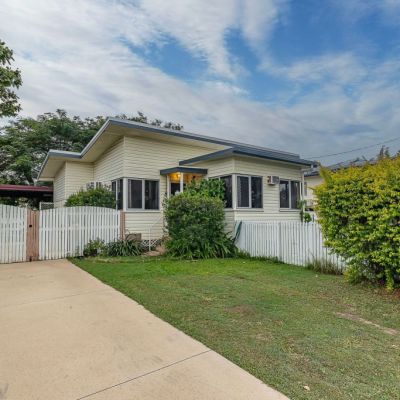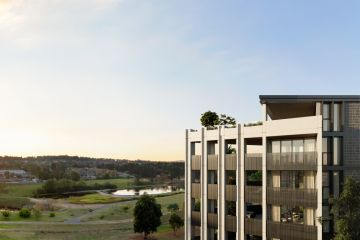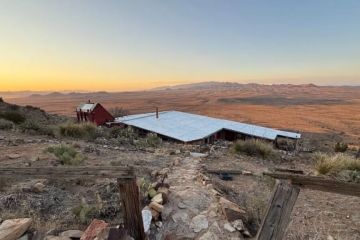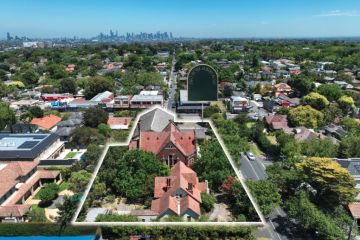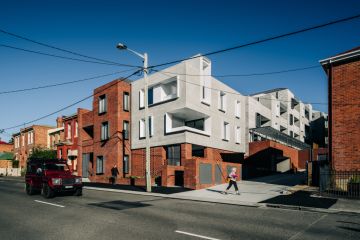Which is the better buy? A unit in an old apartment building or a newer one?
As houses become more expensive nationwide, many first-time buyers have turned to apartments to enter the property market.
However, just like buying a house, there are many factors to consider when choosing the suitable unit to purchase, like deciding the age of the building, the amenities it may offer, access to a lift, body corporate or strata fees, and the number of rooms or units in the building. Each of those factors can heavily influence the price of the apartment, its value and who is likely to buy it.
Sydney-based agent, John Lagounaris of Roger Mickhail Property, says that first-home buyers tend to buy older units while downsizers gravitate to newer builds.
“[Choosing an apartment] is based around budget more than anything because it’s such a hot entry into any market,” he says.
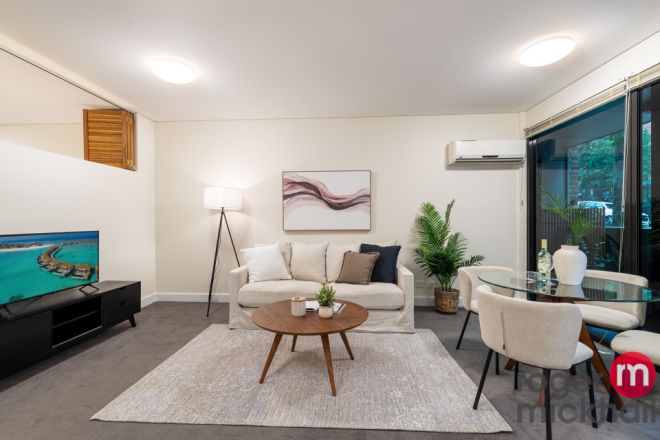
According to Domain’s House Price Report, the median price of an apartment across the capital cities is $637,578. In Sydney, the median is $806,137. In Melbourne, it’s $564,095; in Brisbane, it’s $549,704.
The cost of buying in these cities is higher or lower depending on the number of bedrooms in the unit.
Bedrooms
1
2
3
Sydney
$675,000
$811,500
$1,300,000
Melbourne
$370,000
$600,000
$850,000
Brisbane
$432,000
$585,000
$632,000
Adelaide
$363,250
$481,000
$685,000
Perth
$312,500
$415,000
$525,000
Canberra
$431,125
$590,000
$740,000
“If you’re a first-time buyer, it’s difficult to buy something that’s ready to move straight into it and, you know, not have to do anything, whereas downsizers obviously, with a much bigger budget, and less appetite to do any required works, want to buy something that’s going to be comfortable from the second they move in,” says Lagounaris.
When identifying the difference between a new apartment and an old one, many agents agree that anything built before the early 2000s is classified as “old” and anything after that is “new”.

“When a buyer’s brief is looking for an older unit, for me, they’ve generally been looking for something blonde or red brick. So anywhere from the 60s to 80s, 90s kind of builds,” says Lagounaris.
Melbourne real estate agent Jon Kett of Chisholm and Gamon Property Port Melbourne agrees and says there are also strata fees to consider, which is why many younger or newer buyers gravitate towards buildings with limited amenities.
“A lot of 20-year-old complexes can be more expensive than the 60s or 70s complexes. And that’s generally because they’ve got a lift associated with them. So you’ve got more insurance and that sort of thing. Some of them have a swimming pool, and some have gyms. And again, that can be a bit more of a cost factor,” Kett says.
“But also with a lot of the newer complexes in the last 20 years, I’ve noticed that they have a sinking fund, as in their maintenance – money that they’re holding – is generally quite a bit more compared with some of the older complexes.”
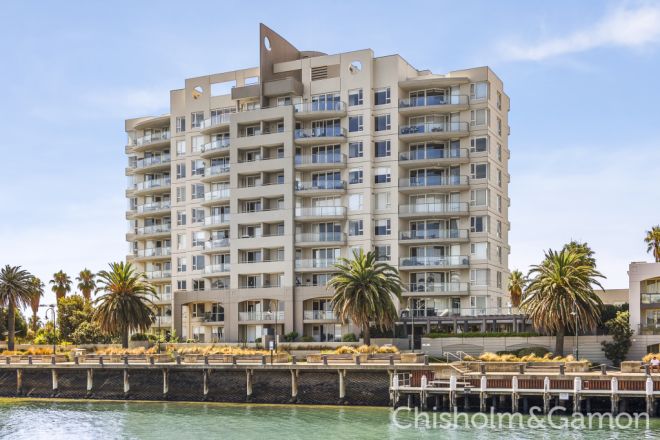
Brisbane buyers agent Lauren Jones says older apartment strata fees can cost around $4000 to $5000 a year, while newer builds have annual fees of at least $7000.
Jones says there is a perception – among some buyers – that newer apartments are not built as well as older buildings.
Whether that perception is accurate or not, it is one of the reasons why older apartments have grown in value quicker than newer apartments, she says.
“So, you’ve got value to add, and there’s an opportunity to improve the value, especially in a slow market, which is good. It’s more likely to be a smaller [apartment] complex, so the asset ratio will be higher.
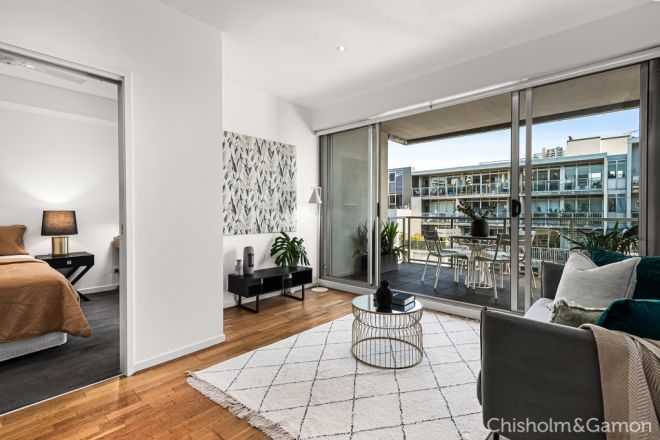
“And overall, there’s a much bigger buyer pool for older apartments. So when you end up selling that property down the track, you’ll probably have more buyers fighting over your property to increase the price,” she says.
Kett says that while both types of apartments have pros and cons, it’s not always easy to decide which is “better”.
“It all depends on the [apartment] complex,” he says. “It’s a very open-book question. Like I’m thinking about buying a Mercedes or a Range Rover, which one should I buy? You know, they’re both good for different reasons. It depends where [the apartments] are, how big they are, you know what the position is and a lot of variances.”
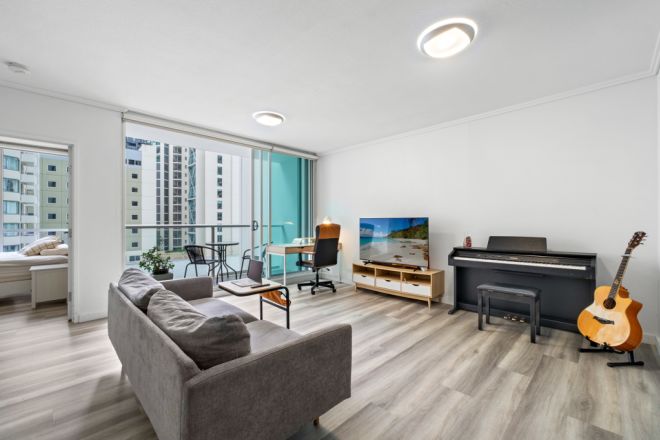
We recommend
We thought you might like
States
Capital Cities
Capital Cities - Rentals
Popular Areas
Allhomes
More

